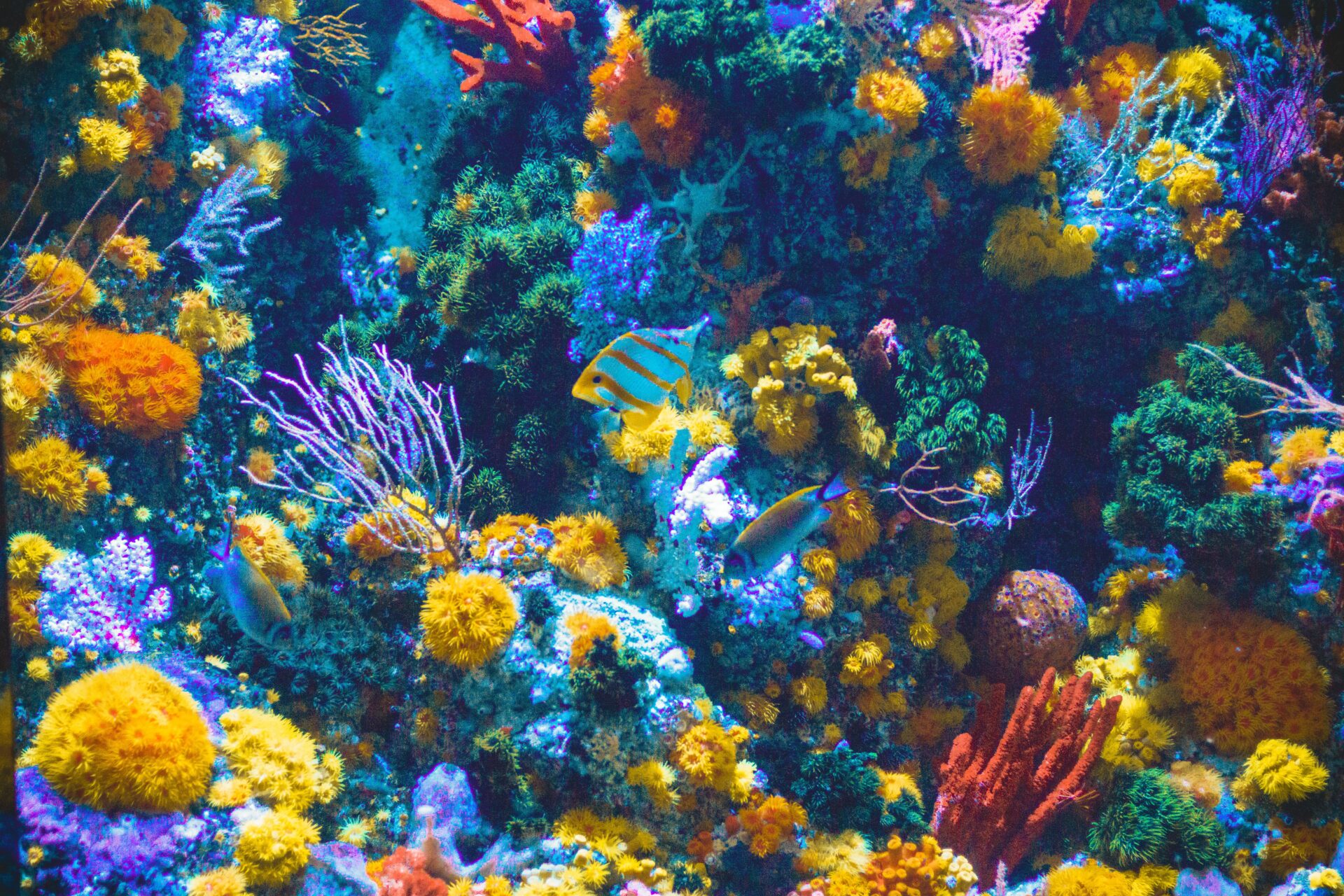Introduction
Coral reefs are one of the most diverse and important ecosystems on our planet, providing habitat for countless marine species, protecting coastlines from storms, and generating income from tourism and fishing. Despite their importance, coral reefs are under threat from a range of human activities, including climate change, overfishing, pollution, and development. As a result, there is an urgent need to conserve and protect coral reefs before it’s too late.
Why are Corals Worth Protecting?
Corals are often referred to as the “rainforests of the sea” because they support a tremendous amount of biodiversity. In fact, coral reefs are home to over 25% of all marine life, despite covering less than 1% of the ocean floor. They provide habitat and food for a vast array of species, from small fish and invertebrates to larger animals such as sea turtles and sharks.
Coral reefs also play an important role in protecting coastlines from storms and erosion. The complex structure of a coral reef helps to dissipate the energy of waves, reducing the impact of storms on nearby shores. In addition, coral reefs are a major source of income for many coastal communities, providing jobs in tourism and supporting local fisheries.
Despite their importance, coral reefs are under threat from a range of human activities. Climate change, in particular, is causing ocean temperatures to rise, leading to coral bleaching and widespread die-offs. Overfishing, pollution, and development also take a toll on coral reefs, degrading their health and reducing their ability to provide the many benefits they offer.
Why is our Technology and Advancement in Conservation Lacking?
While we understand the importance of conserving and protecting coral reefs, our technology and advancement in conservation are currently lagging behind. Although there have been some successes in coral reef restoration, much of the technology and techniques used are still relatively new and experimental.
In addition, the scale of the problem is enormous. Coral reefs are distributed around the globe, and many are located in remote and difficult-to-access areas. This makes it challenging to monitor their health and respond to threats in a timely and effective manner. Furthermore, the resources required to conserve and protect coral reefs are substantial, and there is often a lack of funding for conservation efforts.
What Can We Do to Protect Corals?
Despite the challenges, there are many things we can do to protect coral reefs. One of the most important is to reduce our carbon footprint and take action to address climate change. This means reducing our use of fossil fuels, transitioning to renewable energy, and supporting policies that prioritize climate action.
We can also reduce the impact of overfishing by supporting sustainable fishing practices and marine protected areas. Reducing pollution from land-based sources is also critical, as nutrient runoff and other pollutants can harm coral reefs.
In addition, there are many efforts underway to restore and protect coral reefs. These range from coral gardening and transplantation to the development of artificial reefs and structures that can provide habitat for marine life. Funding for conservation efforts is also critical, as is public education and awareness about the importance of coral reefs and the threats they face.
Conclusion
Coral reefs are worth conserving and protecting, given their importance to marine life, coastal protection, and economic development. While our technology and advancement in conservation are currently lagging behind, there are many things we can do to protect these vital ecosystems, including reducing our carbon footprint, supporting sustainable fishing and marine protected areas, and funding conservation efforts. By taking action now, we can help ensure that coral reefs remain a vital part of our planet’s biodiversity and natural heritage for generations to come.

Dive Deeper
Book Recommendation
One highly recommended book on the topic of coral reefs and their conservation is “The Death and Life of the Great Lakes” by Dan Egan. Although the book focuses primarily on the Great Lakes in the United States, it provides a comprehensive overview of the challenges facing freshwater ecosystems and the measures being taken to protect them. The author also explores the interconnectedness of freshwater and marine ecosystems, making this book a valuable resource for anyone interested in the conservation of coral reefs and other aquatic environments.
Documentary/ Video
One highly recommended documentary about coral reefs and their conservation is “Chasing Coral,” which can be found on Netflix. This documentary follows a team of divers, photographers, and scientists as they document the devastating effects of coral bleaching caused by climate change. The film offers a sobering look at the challenges facing coral reefs and the urgency of taking action to protect them. The stunning underwater footage and the personal stories of those involved in the project make for a compelling and thought-provoking viewing experience.
Here is the trailer for the documentary: https://www.youtube.com/watch?v=b6fHA9R2cKI
If you found this article informative, you might want to take a look at this other article – Iouea: The Fascinating Genus of Sea Sponges that Contains All Five Vowels
